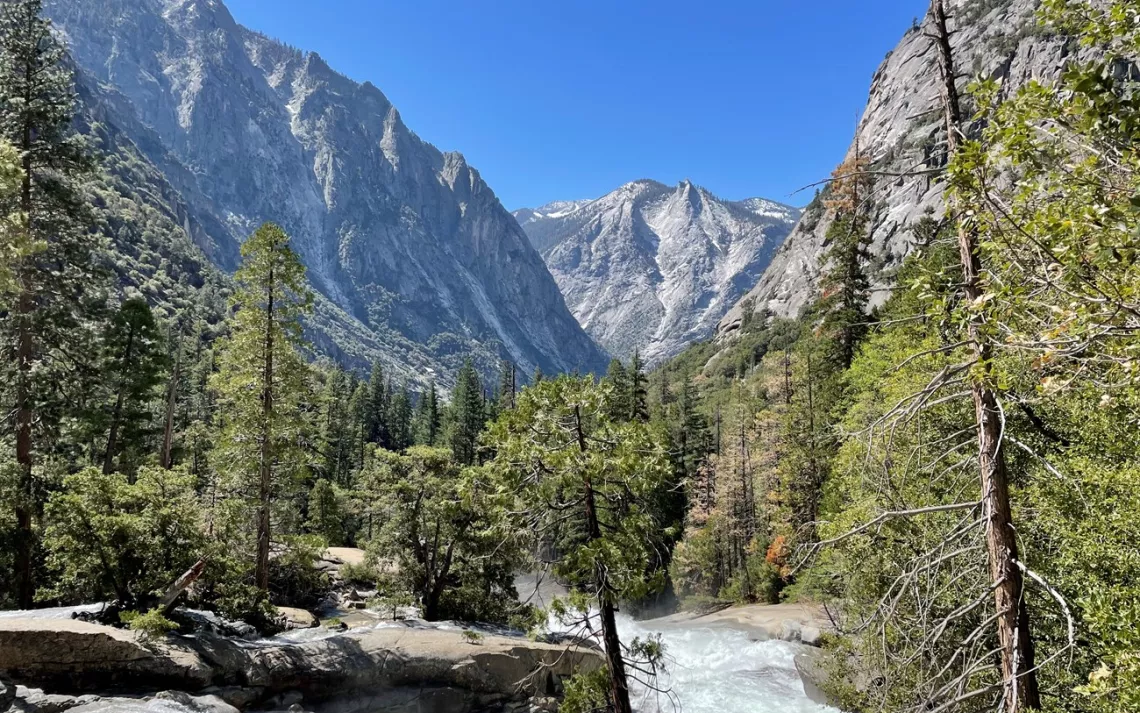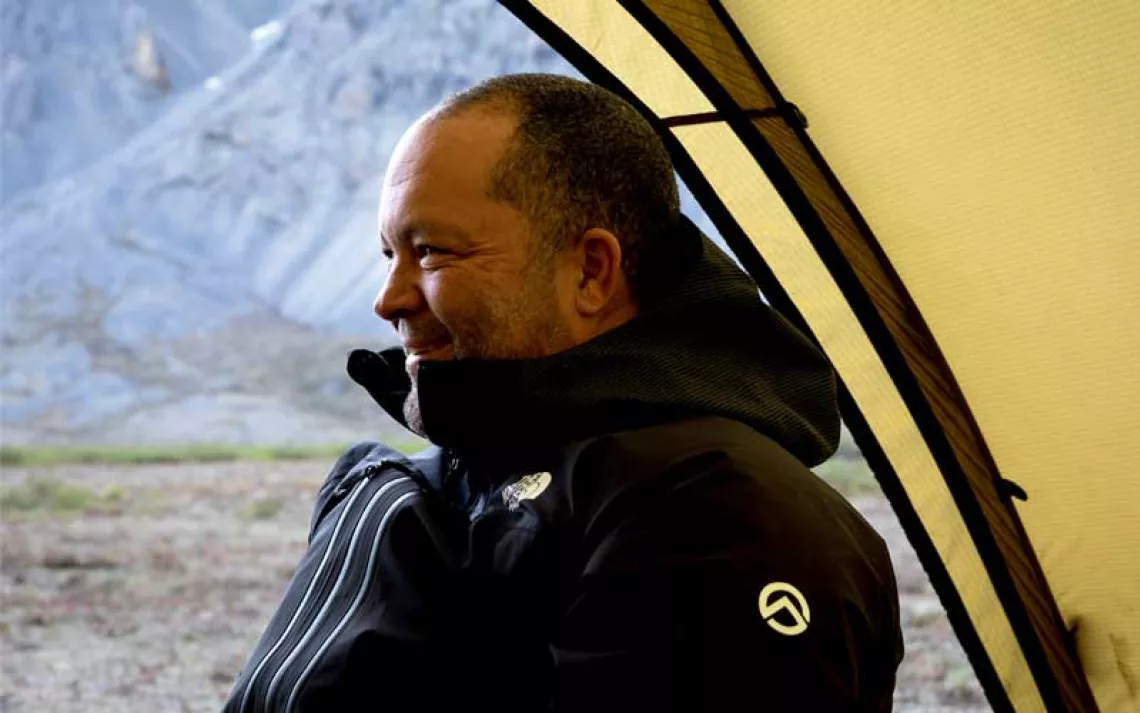Long Live the King
How the Sierra Club's 1960s lawsuit stopped Disney from turning Mineral King into a ski resort

Photo coutesy NPS.
For most people, the words "Walt Disney" conjure cheerful images of concrete Matterhorns and bunnies named Thumper hopping through idyllic alpine meadows, not environmental destruction. But in the mid-1960s, the media and theme-park company waged a determined battle to turn the fragile Mineral King area near Sequoia National Park into a ski resort.
Supported by the U.S. Forest Service, as well as California's then governor Ronald Reagan, construction of the Disney ski resort seemed inevitable. Until the Sierra Club stepped in. Having exhausted traditional grassroots opposition avenues, the Club turned to the courthouse in a case now famously known as Sierra Club v. Morton.

Sign up to receive Sierra News & Views
Get articles like this one sent directly to your inbox weekly.
With this action you affirm you want to receive Sierra Club communications and may vote on policy designated by the Sierra Club Board.
In lawsuits of this nature, courts required proof that plaintiffs would suffer financial damages. The Club instead argued that it had the right to sue because its purpose, in part, was to protect areas like Mineral King. Although California courts disagreed, in 1972 the U.S. Supreme Court gave the Club and other environmental groups a victory: They could sue companies like Disney if at least one of their members' aesthetic or recreational interests were affected. Under that rule, the Club filed and won a new lawsuit in California, which protected Mineral King as an addition to Sequoia National Park. Environmental activism in the United States was changed forever.
Now Mineral King, as part of the massive wilderness protection act signed by President Barack Obama has received yet another layer of protection from any major development.
"We've come full circle," said Tom Turner, who worked for the Sierra Club during the Mineral King case. "Thanks to the resiliency of nature and the vision of people fighting for the valley, it has developed into a healthy wilderness."
 The Magazine of The Sierra Club
The Magazine of The Sierra Club



